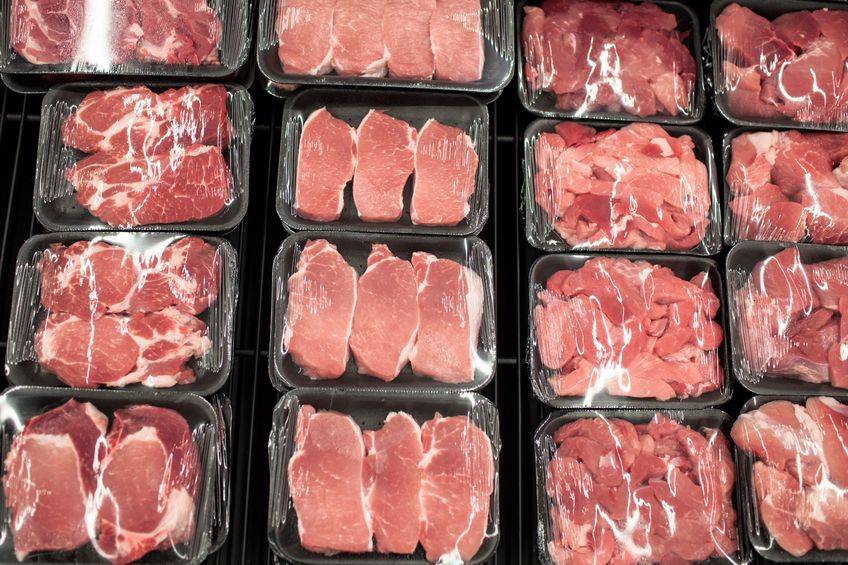
The veterinary industry has developed seven guiding principles for any future British farm assurance scheme.
Farm assurance schemes enable customers to make sustainable and ethically informed choices about the food they buy.
It also allows producers to demonstrate their food products have met independently certified standards at each stage of the supply chain from farm to fork.
The British Veterinary Association (BVA) says the breadth of UK farm assurance schemes is testament to the UK’s leadership in animal health and welfare standards.
However, the organisation said this variety could create a "confusing customer experience" when food shoppers are navigating both ethical and budgetary considerations as well as the shopping aisles.
BVA’s policy position has been developed as part of its Animal Welfare Strategy and sets out that the veterinary profession has a key role to play in helping inform the public about the animal health and welfare credentials of animal derived food.
Seven principles
The seven principles BVA is encouraging consumers to consider includes lifetime assurance, from farm to fork, ensuring that health and welfare is assured throughout the animal’s life from birth to slaughter.
Welfare at slaughter – animals should be stunned before slaughter or, if permitted, meat or fish products are labelled as such. Animals should be transported the least possible distance to slaughter.
Veterinary involvement – schemes that are underpinned by veterinary expertise and committed to continuous improvement of animal management and husbandry practices. These are crucial to the value of schemes in terms of animal health and welfare, public confidence and producer/farmer buy-in.
Behavioural opportunity – schemes that strike the right balance between allowing animals to perform important behaviours and ensuring good health outcomes.
Responsible use of antimicrobials and other medicines – consider whether schemes support responsible use of antimicrobials and what animal health and welfare requirements, such as disease prevention strategies, improved animal husbandry and management, are incorporated to help prevent the need for prescribing.
Animal health and biosecurity – schemes that can evidence effective biosecurity plans, developed in collaboration with a veterinary surgeon, to prevent the spread of disease amongst animals, humans and their surroundings.
Sustainability and the environment – incorporate environmental stewardship, such as the reduction of carbon emissions and the conservation of biodiversity.
'Important role'
British Veterinary Association President John Fishwick said vets "play an important role" in the food production process from farm to fork.
He added: “However, the wider profession also has a key role to play in informing the public of the value and provenance of their food.
“People will choose what they put in their shopping baskets according to their own ethics and budgets yet, by providing these principles, BVA hopes to inform the consumer and also help ensure that animal health and welfare standards are further embedded in the schemes as they increase and develop.
“We recognise that getting the stamp of approval from farm assurance schemes incurs costs to producers and farmers but we believe that they bring essential value through improving animal health and welfare.
“As part of our Brexit lobbying, we are recommending that animal health and welfare is recognised as public goods and we’re calling on the Government to ensure any replacement Common Agricultural Policy monies provide financial support to farms and producers in this area, for example through a Welfare Stewardship Scheme.”
